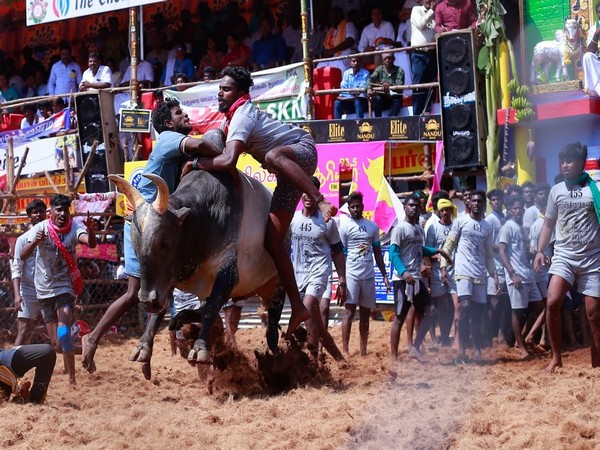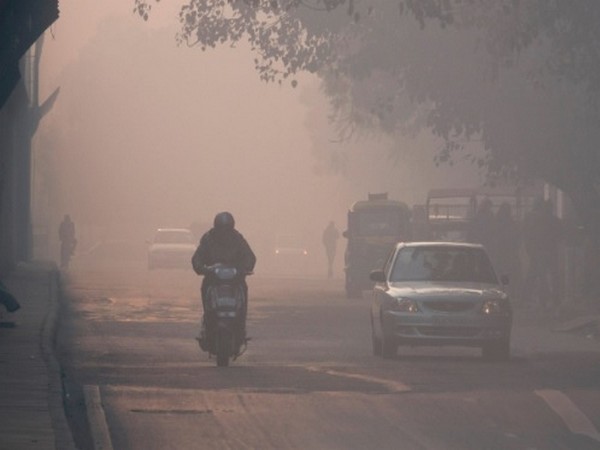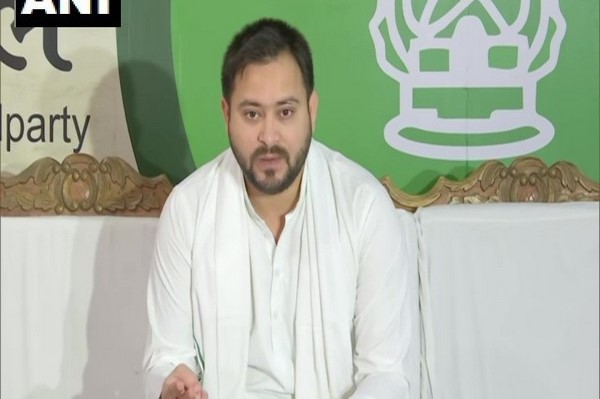
‘Jallikattu’ Has No Cruelty On Bulls: TN Tells SC
The Tamil Nadu government on Tuesday told the Supreme Court that sporting events can also be cultural events and there is no cruelty on the bulls during Tamil Nadu’s traditional bull-taming sport — ‘Jallikattu’.
The apex court was hearing a batch of petitions challenging laws of the Tamil Nadu and Maharashtra governments, allowing ‘Jallikattu’ and bullock cart races.
“This is an incorrect notion that an activity, which is in nature of a sport or entertainment or amusement, cannot have a cultural value,” said the counsel appearing for the state.
A five-judge Constitution bench of Justices KM Joseph, Ajay Rastogi, Aniruddha Bose, Hrishikesh Roy, and CT Ravikumar was informed by senior advocate Rakesh Dwivedi, appearing for Tamil Nadu, that countries like Peru, Columbia, and Spain consider bullfighting a part of their cultural heritage.
Dwivedi said bulls involved in ‘Jallikattu’ are maintained by farmers round the year.
On the previous hearing, the apex court had told the Tamil Nadu government whether an animal can be used in bull-taming sports like “Jallikattu” for the entertainment of humans and how is the sport necessary for preserving the native breed of bulls.
Supreme Court on November 24 started hearing the pleas challenging Tamil Nadu and Maharashtra governments’ laws.
Tamil Nadu government in its affidavit had stated that Jallikattu is “not merely an act of entertainment or amusement but an event with great historic, cultural and religious value.”
Jallikattu is conducted during the Pongal festival as thanksgiving for a good harvest and subsequent festivals are conducted in temples which shows that the event has great cultural and spiritual significance, it had added.
In February 2018, the Supreme Court referred to the Constitution bench whether the people of Tamil Nadu and Maharashtra can conserve Jallikattu and bullock-cart races as their cultural right and demand their protection under Article 29 (1) of the Constitution.
The top court had earlier said that the petitions challenging the Prevention of Cruelty to Animals (Tamil Nadu Amendment) Act, 2017, needed to be decided by a larger bench since they involved substantial questions relating to the interpretation of the Constitution.
It had said that a larger bench would decide whether states have the “legislative competence” to make such laws on grounds, including that Jallikattu and bullock cart racing fell under the cultural rights enshrined under Article 29 (1) and can be protected constitutionally.
Tamil Nadu and Maharashtra had amended the central law, the Prevention of Cruelty to Animals Act, 1960, and allowed Jallikattu and bullock cart racing, respectively.
The petitions were filed in the top court challenging the state laws.
A batch of petitions, led by People for Ethical Treatment of Animals (PETA), sought direction to quash the Jallikattu law passed by the Tamil Nadu Legislative Assembly, which brought bulls back into the fold of “performing animals”.
PETA had challenged the Prevention of Cruelty to Animals (Tamil Nadu Amendment) Bill 2017 passed by the state assembly on several grounds, including that it circumvented the apex court verdict holding the bull-taming sport as “illegal” in the state.
The top court had dismissed the Tamil Nadu government’s plea seeking a review of the 2014 judgement banning the use of bulls for Jallikattu events in the state and bullock cart races across the country. (ANI)
Read More: http://13.232.95.176/



